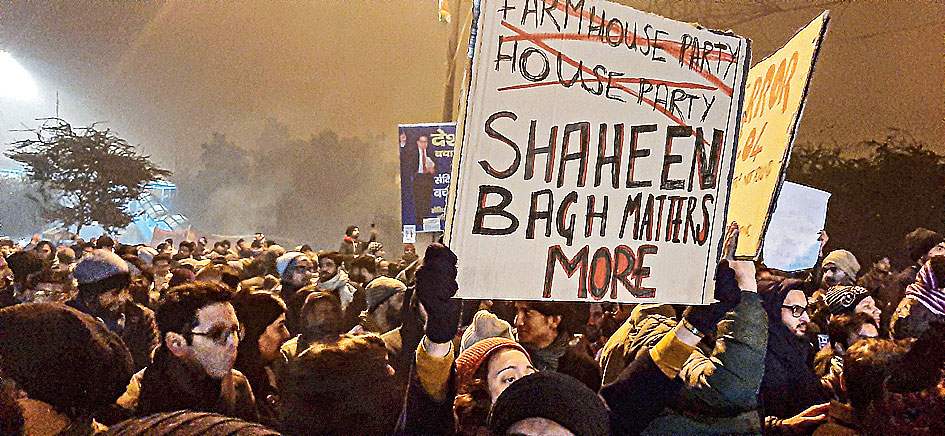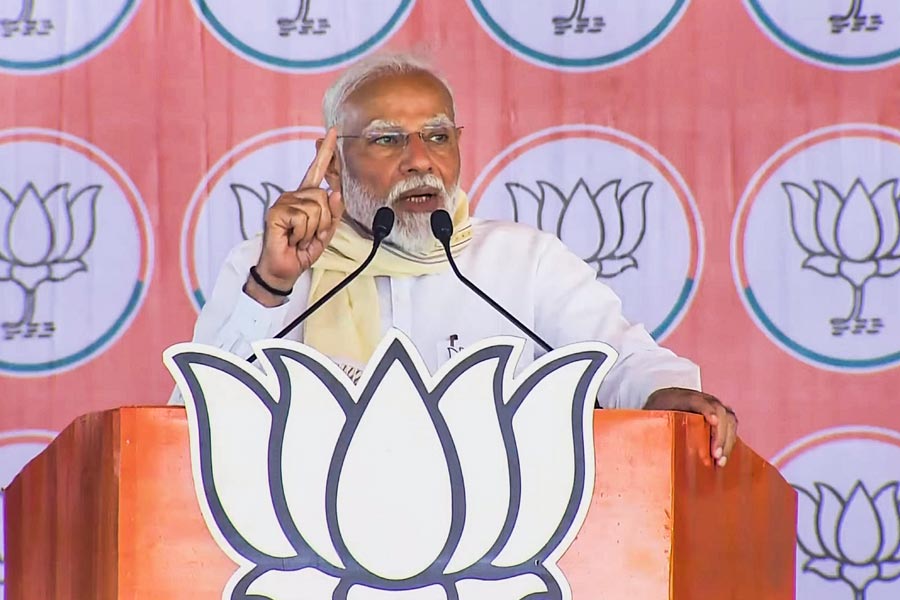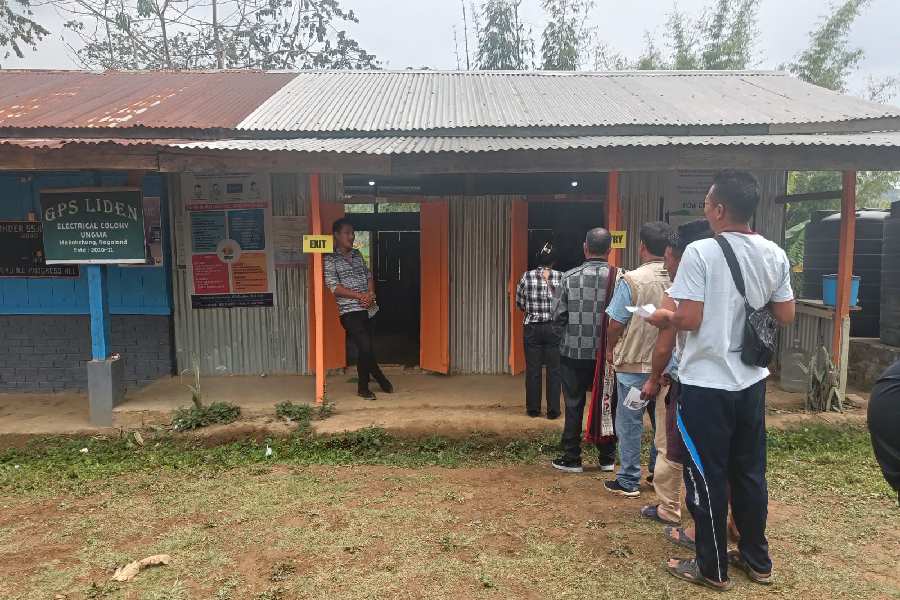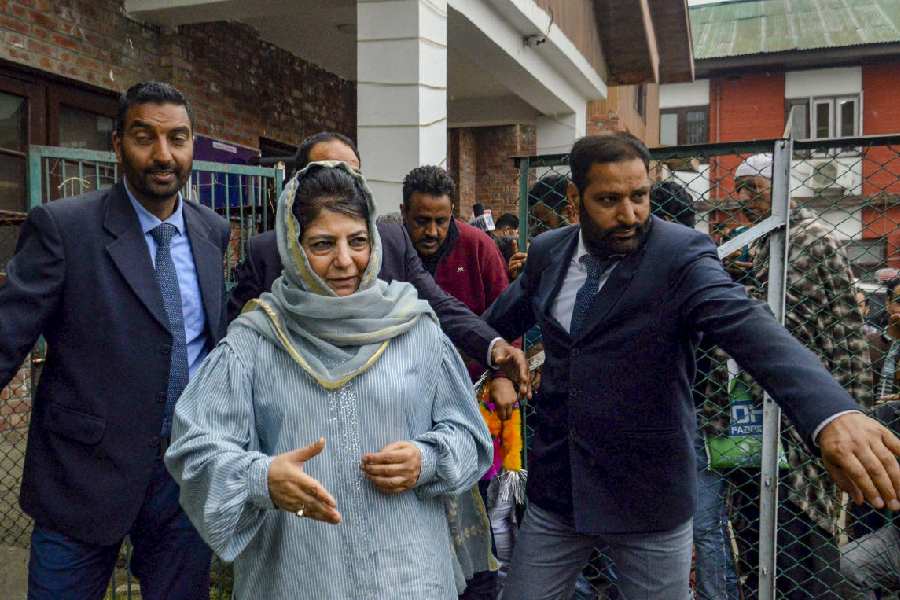Congress is in power in the states of Punjab, Rajasthan, Madhya Pradesh and Chhattisgarh, and is part of the ruling coalition in Maharashtra and Jharkhand.
Bihar
The Citizenship (Amendment) Bill was passed by the Parliament of India on 11 December 2018. After receiving assent from the President on 12, the Bill assumed the status of the present Citizenship (Amendment) Act (CAA). Since coming into effect, the Act, along with the National Register of Citizens (NRC) and the National Population Register (NPR), has been met with severe protests across the country. Subsequently, the protests by students and citizens alike have also suffered brutal crackdown from State authorities. With escalating tensions across India, many state governments have spoken out against the controversial CAA-NRC-NPR triumvirate.
Till now, the Congress and its allies have been only vocal about not implementing CAA-NRC in their states – official rejections of both the act and the NRC process are yet to be realized. But that’s not the case with Kerala and West Bengal, two non-BJP and non-Congress ruled states.
Madhya Pradesh
Maharashtra and Jharkhand
West Bengal
Kerala
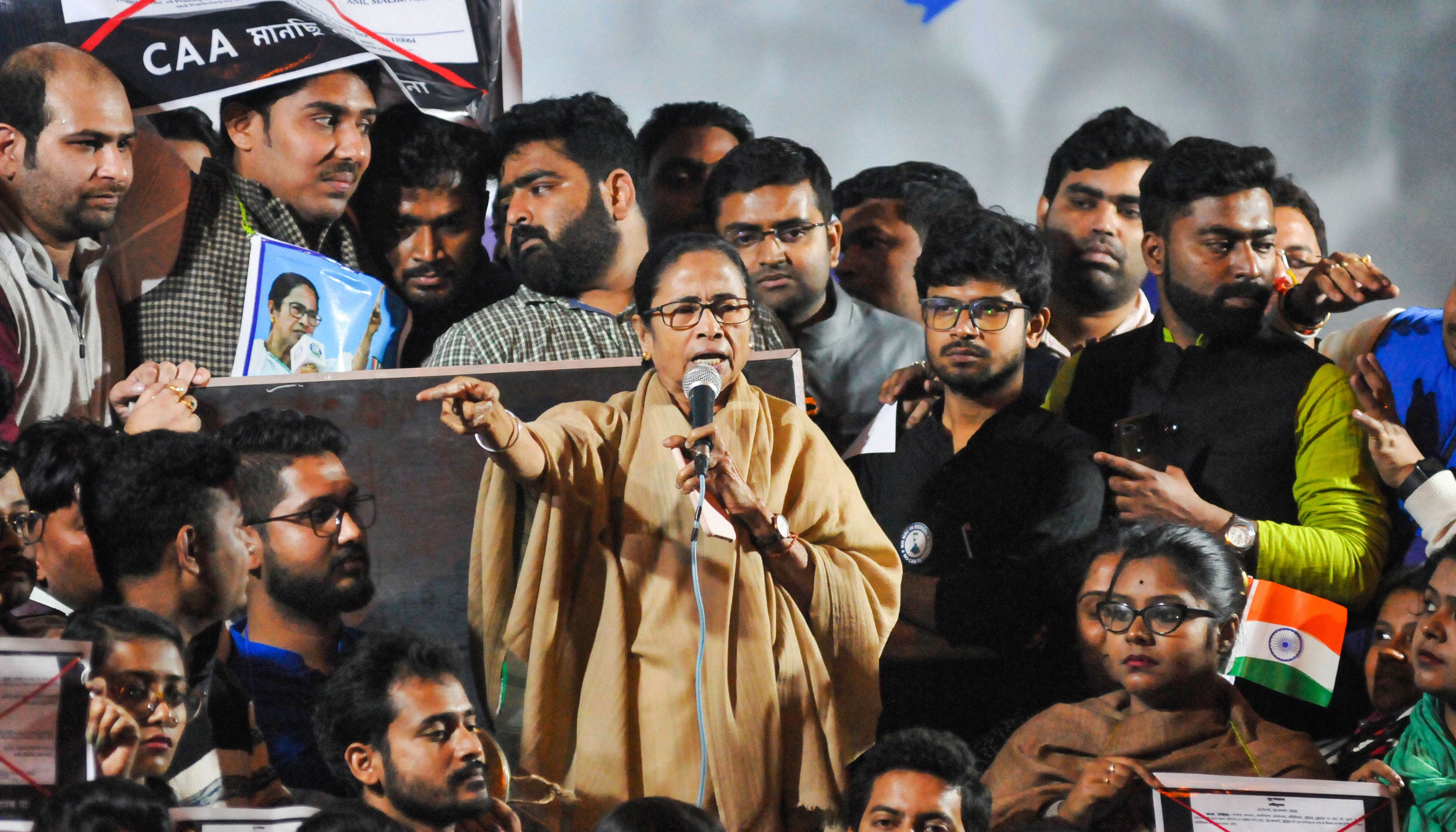
West Bengal chief minister Mamata Banerjee during a protest against CAA, NRC and NPR, in Kolkata, Saturday, January 11, 2020. PTI
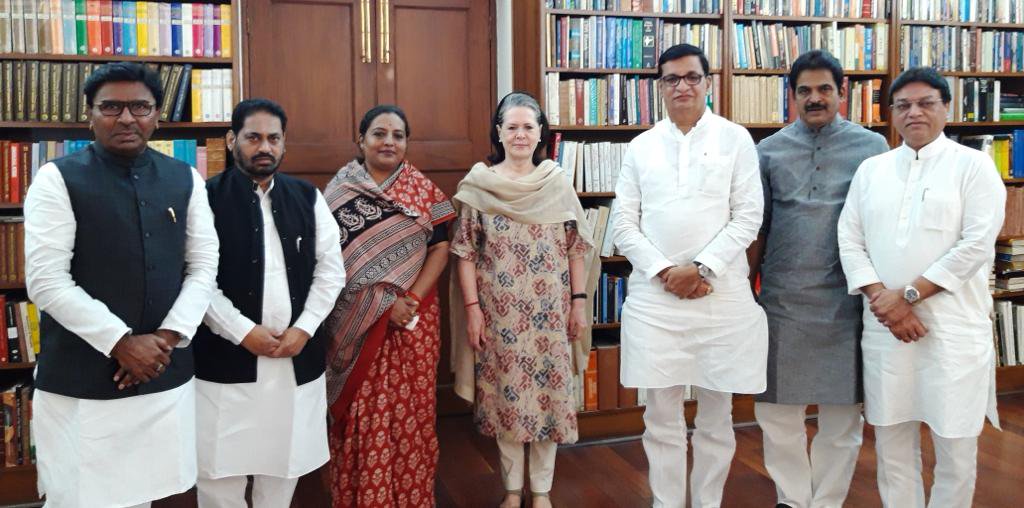
Maharashtra Congress leader and state revenue minister Balasaheb Thorat (3rd from right). Twitter/@bb_thorat
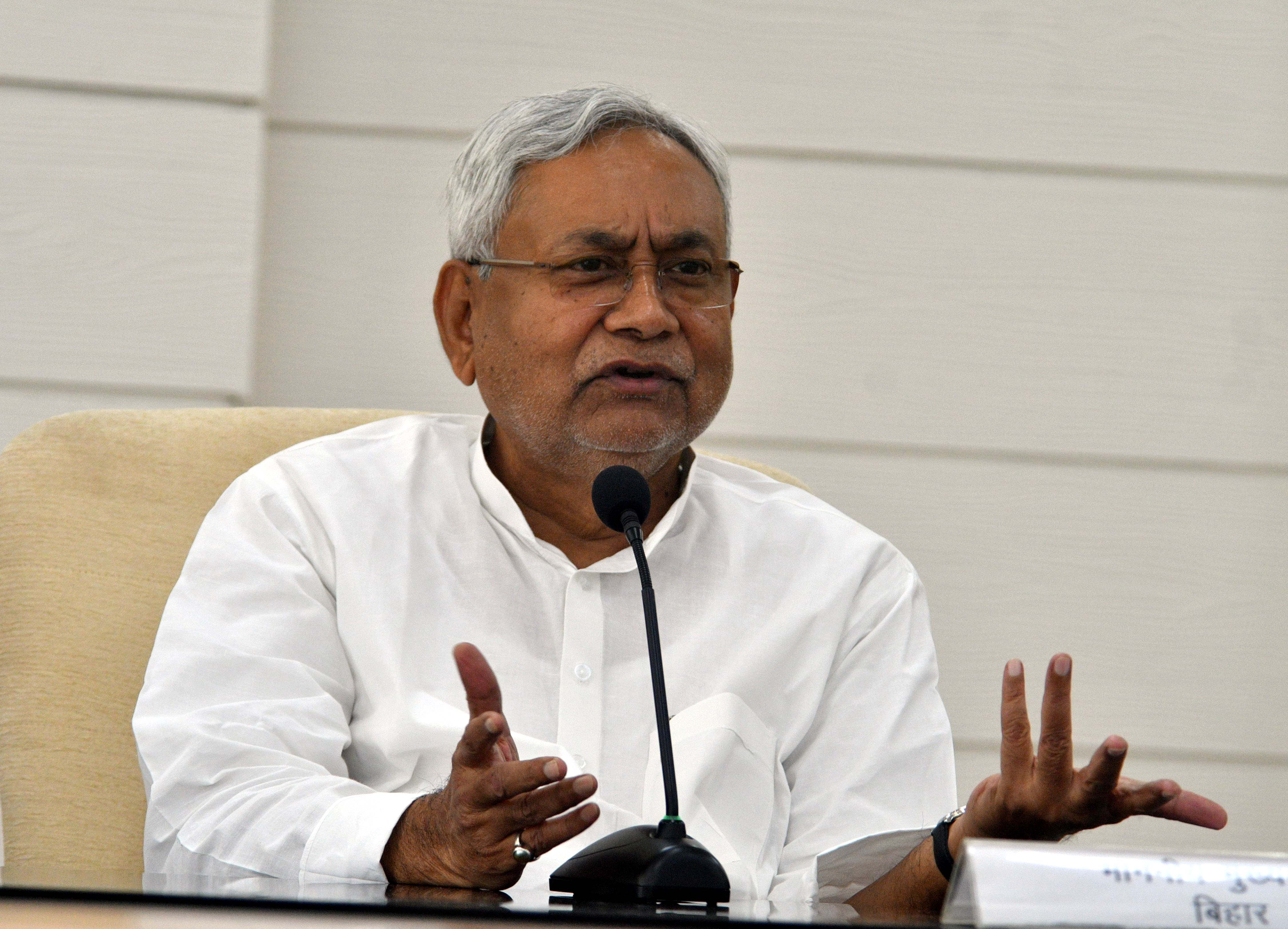
Bihar chief minister Nitish Kumar. The Telegraph file picture
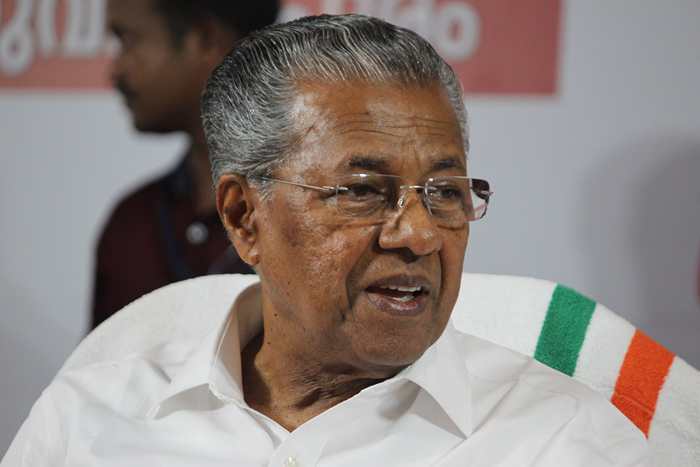
Kerala chief minister Pinarayi Vijayan, Wikimedia Commons
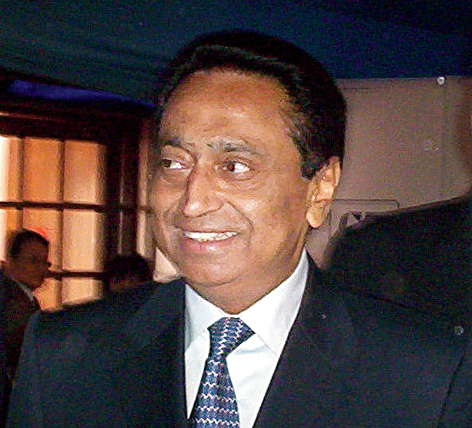
Madhya Pradesh chief minister Kamal Nath. Wikimedia Commons
Bihar chief minister Nitish Kumar and his party Janata Dal (United) [JD(U)] are BJP allies and supported the central government when the Citizenship Amendment Bill was tabled in both houses of Parliament . Since then, following the last 30 days of unrest in the country, Kumar has spoken against NRC being implemented in Bihar. While addressing the state assembly last Monday, he said that the house should debate the CAA. “There is no question of NRC in Bihar,” he said. He also noted that NRC was introduced only in the context of Assam, and not the entire country. JD(U) has, however, not taken a firm stand on the proposed NPR exercise.
Poll strategist-turned-politician Prashant Kishor, who is with JD(U), thanked Congress leadership, especially Rahul Gandhi and Priyanka Gandhi Vadra, for their formal rejection of the CAA and NRC. He had earlier urged the Congress party to ask all states where they were in power to reject the NRC. Kishor also reiterated Nitish Kumar’s announcement in a tweet, stating Bihar will not be implementing CAA and NRC.
On 31 December 2018, Kerala chief minister Pinarayi Vijayan moved a resolution, later passed in the state assembl,y demanding the scrapping of CAA. Vijayan said that the law contradicts the basic values and principles of the Constitution. He also ensured the assembly that the state won’t have any detention centres. Speaking at a ‘Constitution Protection Rally’ in Kozhikode last Sunday, Vijayan reaffirmed that the state will not budge from its decision not to enforce CAA.
“We will not implement NRC and NPR. We will not roll out NPR,” he said. “It is clear that NPR and NRC are traps prior to the implementation of CAA which clearly targets the Muslim community.”
In December 2018, Maharashtra Congress leader and state revenue minister Balasaheb Thorat firmly observed that the state won’t implement CAA and NRC. In the days preceding the Jharkhand assembly elections, present chief minister Hemant Soren vowed to review the CAA and NRC once he came to power.
Another state which has taken a clear stand is West Bengal. State chief minister Mamata Banerjee has been at the forefront of all anti-CAA protests in Bengal, being one of the most vocal opponent of the CAA-NRC.
Last month, the West Bengal government stayed all activities related to NPR. An order issued by the Home and Hill Affairs Department Census Cell instructed municipal corporations and district magistrates to stop all the preparations for NPR updation.
Madhya Pradesh chief minister Kamal Nath also came out against CAA. He told a newspaper on Monday that his government will not execute anything which “divides society or has the potential to divide”. Nath’s statement comes a day after the Congress Working Committee (CWC) met to discuss several issues including CAA, NRC and NPR. During the meet, Congress president Sonia Gandhi also called the NPR “NRC in disguise”.
“The CAA and the proposed NRC have created an environment of fear and anxiety in the country, especially among the religious and linguistic minorities, tribals, poor and vulnerable sections of the society,” Congress leader Anand Sharma told the press following the CWC meet. “The CWC demands that the Citizenship Amendment Act should be withdrawn and the process of NPR be stopped forthwith,” he added.

